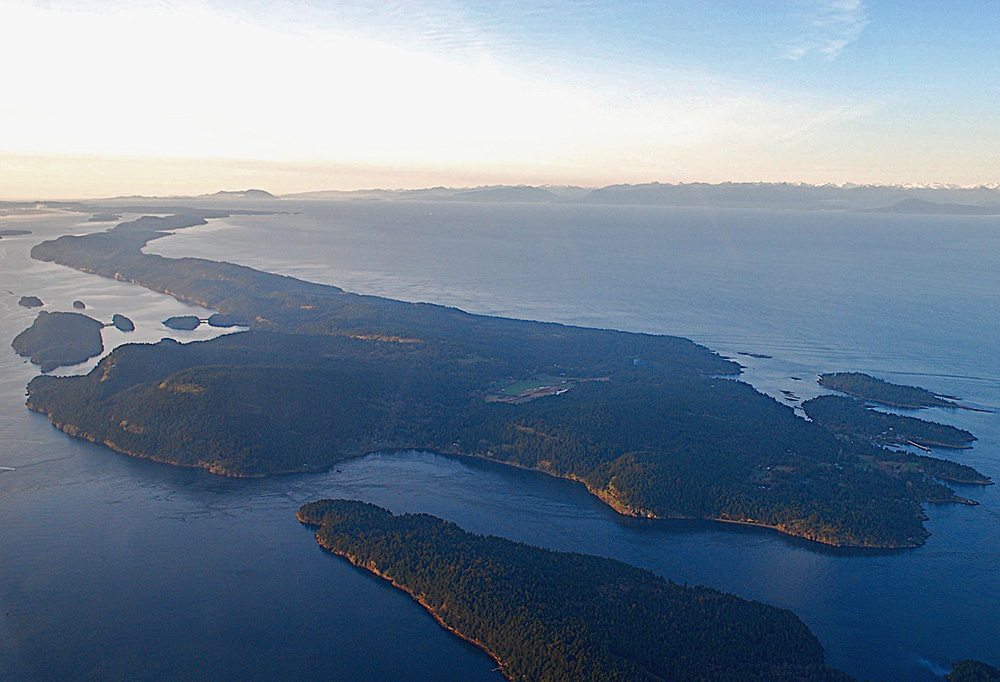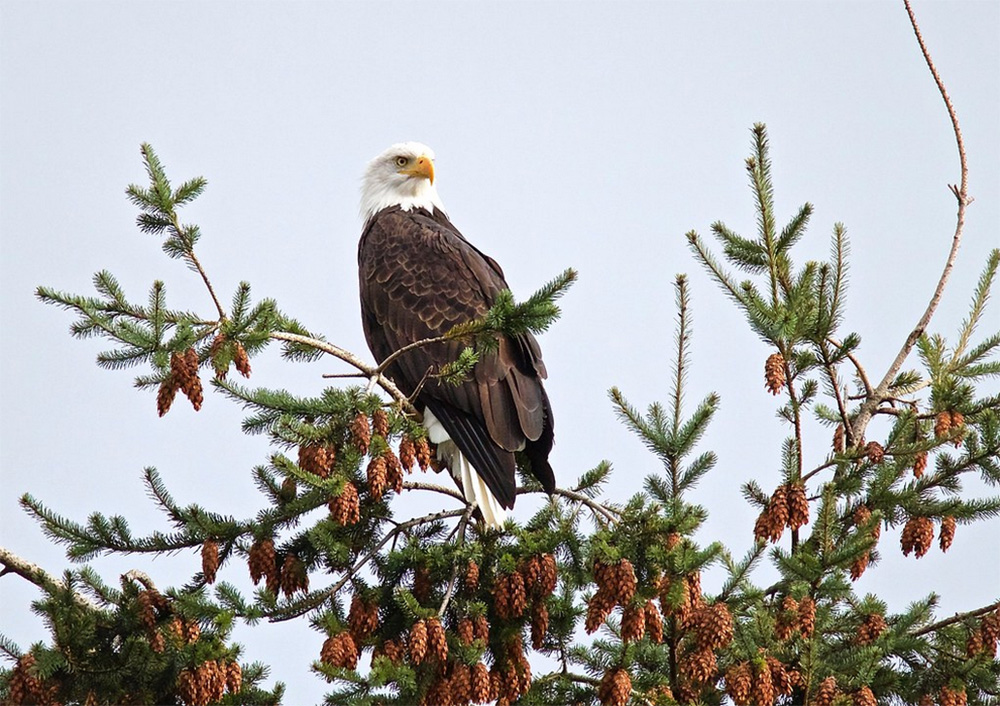How do you conserve biodiversity if the real estate is hot?
In B.C.’s coastal Douglas fir region, the rich flora and fauna depend on wetlands, shorelines and Garry oaks. Bald eagles need mature Douglas firs because their nests can weigh a tonne while sharptail snakes need the fallen trunks of old growth forests for shelter.
The problem: “These are the areas that we really like to live in,” said biologist Richard Schuster of the University of Carleton. And with European contact, it’s where people liked to log.
Most of the land in this region is privately owned, and the human footprint, from urban to agricultural growth, is expanding. Nationally, it doesn’t look like Canada will meet its goal of conserving 17 per cent of land and freshwater by 2020, with a current percentage of 11.8.
Schuster and colleagues have a proposal to encourage private landowners to help with conservation.
The target: property taxes.
The dream goal, said Schuster, is to get “ecosystems coming back from before we started logging.”
Taxes often sound like a stick, but the team’s proposal is voluntary, and meant to be a carrot. If the owner of a key piece of land is willing to participate in conservation, they will get a tax break in return.
This way, private owners get to hang onto their land and the government doesn’t have to try and buy it — a massive expense.
“The reason this place looks so beautiful right now is not because we’ve set parks aside; it’s because a lot of private landowners have not yet developed their land,” said Peter Arcese, the Forest Renewal B.C. Chair of Applied Conservation Biology. Arcese co-authored a paper on the idea in Conservation Letters with Schuster and others last year.
The team explained that strategies of “conservation finance” are not new.
In Canada, for example, there’s Ontario’s Conservation Land Tax Incentive Program. In exchange for protecting “provincially important natural heritage features,” landowners are given a 100 per cent property tax reduction on portions of land.
In California’s Sacramento Valley is a different model. Farmers are paid outright to flood their rice fields for two to three months longer than they normally would. This creates a temporary habitat for hundreds of thousands of migrating ducks and geese, a third of all shorebirds migrating through the Pacific Flyway. As wetlands disappear, these places are important stepping stones that make migration possible.
In B.C., Arcese argues that there are policies in place to manage our water supply and incentivize agricultural production, such as the Agricultural Land Reserve, so why not biodiversity too?
“We could certainly manage carbon and tree coverage,” he said.

In a case study, the team looked at properties with a high-priority need for conservation in southwestern B.C., mostly on the Gulf Islands and southern Vancouver Island. The 198,000 properties examined bring in about $2.32 billion in annual tax revenue. They include rural, former timber and single-family properties.
In this part of the coastal Douglas fir region, almost half of the land has been converted to human uses, with only 0.3 per cent of old forest and 10 per cent of oak woodlands from before European contact remaining.
If their tax-break-for-conservation program is implemented, landowners could choose from a variety of conservation efforts.
“At the very basic level, it could be nothing — just let nature do its thing,” said Schuster. It’s important as some landowners choose to harvest mature trees. Landowners could also promise not to subdivide their land or allow certain kinds of development.
Scaling up, it could be management and restoration, such as keeping streams functional or removing invasive species such as Scotch broom. Land covenants could be used to spell out the arrangement legally.
(This wouldn’t work well for denser cities, where lot sizes are much smaller.)
To compensate for the tax breaks given to landowners willing to participate in conservation, the team proposed increasing the property tax rate for owners of land with lower conservation priority. It wouldn’t be much, they calculated; about $2 per year on a $100,000 parcel of land.
This is called “tax shifting”: a new party takes on tax burden while the revenue remains the same.
There’s no official uptake yet by local governments, but Arcese says there is interest.
Though one politician has asked Arcese: Why would you give tax breaks to landowners or developers?
“It’s a philosophical discussion,” he said. “We need to think about whether we’re going to fight them or get them to join the conservation process.”
British Columbians in particular have shown that there is appetite to pay back the natural capital that made the province’s settlers rich in the first place.
In the past two decades, the majority of residents in the Capital Regional District and the Regional District of East Kootenay voted for more taxes in favour of land conservation.
“Politicians will always say that you can’t raise property taxes,” said Arcese. “We know that we can for something people want.”
“Something like bird return sounds crazy to people at first,” he added, referring to the California solution of leaving rice fields flooded to create habitat. “People are skeptical until the models start to appear. So that’s what we’re doing.” ![]()
Read more: BC Politics, Environment
















Tyee Commenting Guidelines
Comments that violate guidelines risk being deleted, and violations may result in a temporary or permanent user ban. Maintain the spirit of good conversation to stay in the discussion.
*Please note The Tyee is not a forum for spreading misinformation about COVID-19, denying its existence or minimizing its risk to public health.
Do:
Do not: